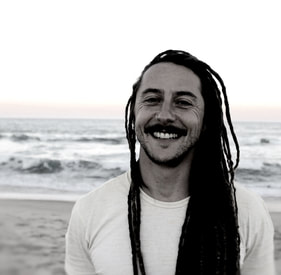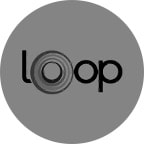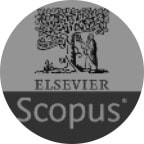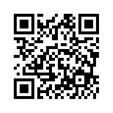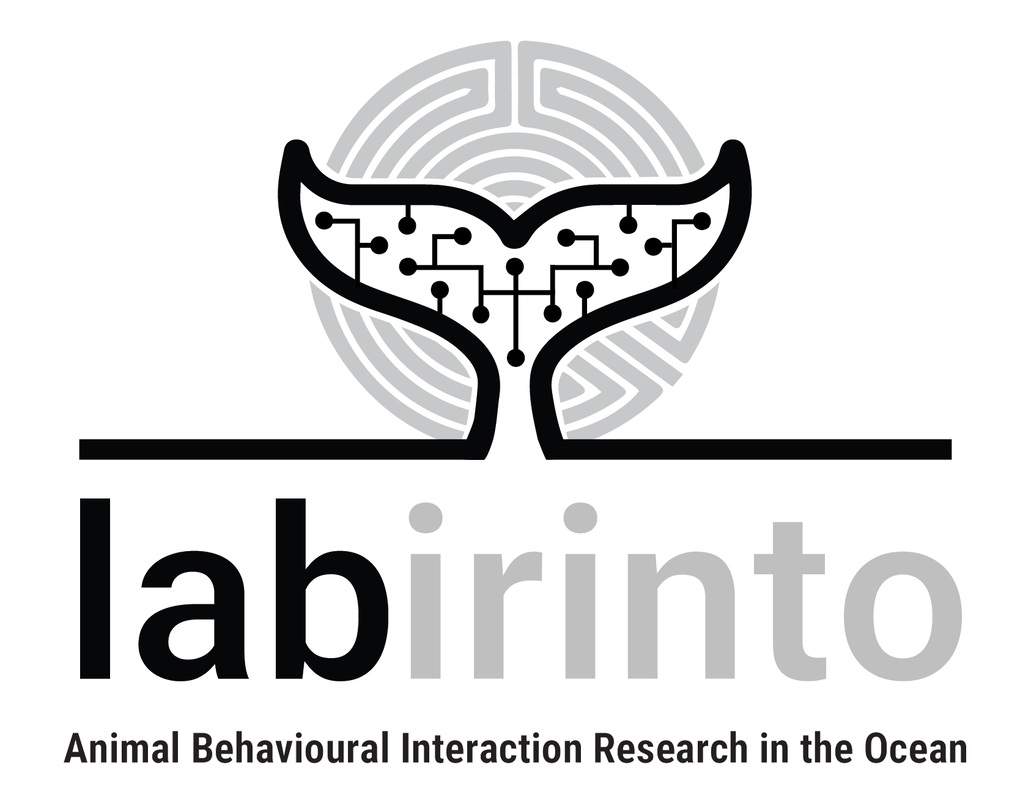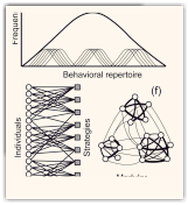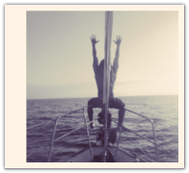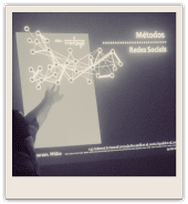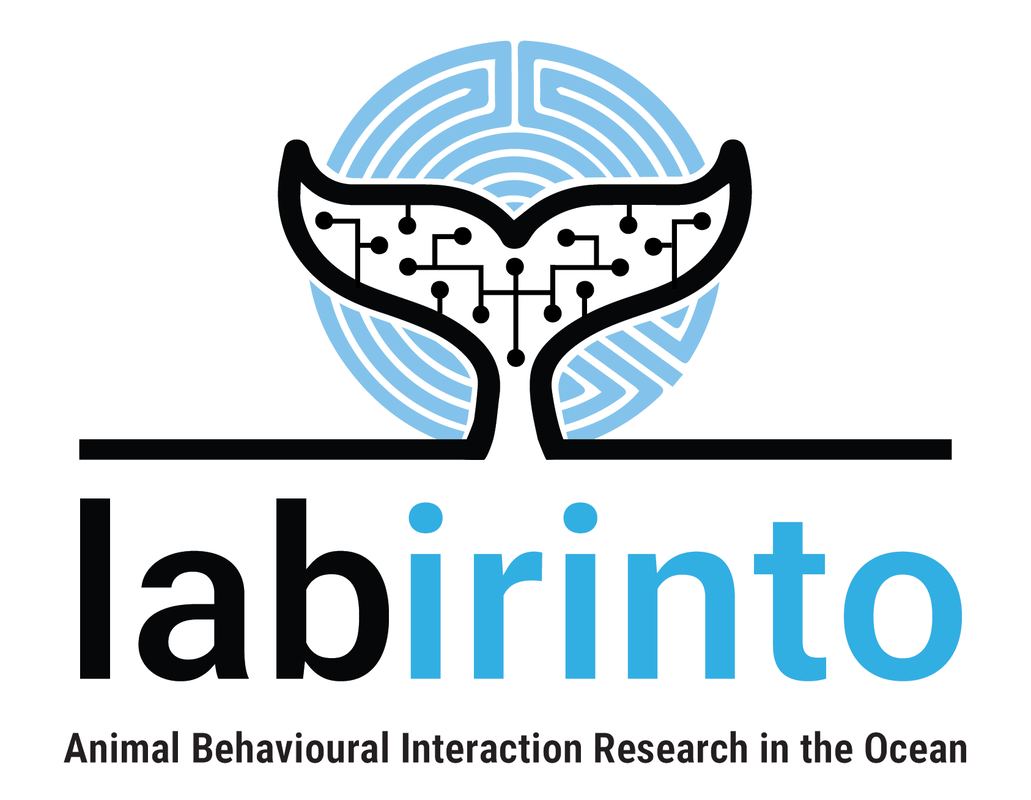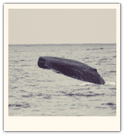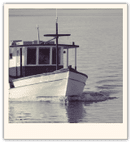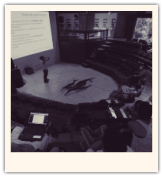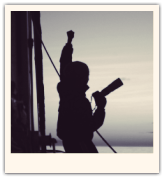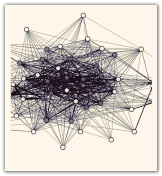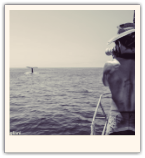|
Dr. Mauricio Cantor Oregon State University Marine Mammal Institute Department of Fisheries, Wildlife and Conservation Sciences Hatfield Marine Science Center Gladys Valley Marine Studies Building, Office #356 2030 SE Marine Science Drive, Newport, OR 97365, USA Email: mauricio.cantor 'at' oregonstate 'dot' edu Phone: +1 (541) 8670-357 |
Oi.I am a behavioural ecologist interested in understanding the dynamics of social, cultural and ecological systems. I enjoy engaging in theory-driven research that has real-world implications for conservation of wildlife, humans and the environment they share. Currently, I am an Assistant Professor at Oregon State University where I lead a research group interested on the intersections of animal behavior and human dimensions.
BioI am an Assistant Professor at the Department of Fisheries, Wildlife and Conservation Sciences, Marine Mammal Institute and Marine Studies Initiative of the Oregon State University, based in Newport, USA.
I also volunteer as a researcher affiliated to the following institutions:
I have worked in the following institutions as:
I received a PhD from the Department of Biology, Dalhousie University (Canada, Halifax, NS) in 2016, a MSc degree in Ecology at Universidade Federal de Santa Catarina (Florianópolis, SC, Brazil) in 2011, and a BSc/teaching degree in Biology at Universidade Estadual de Campinas (Campinas, SP, Brazil) in 2008. |
Lab
|
Based at Oregon State University
|
Join us at the Lab for Animal Behavioural Interaction Research in the Ocean
(LABIRINTO) Marine Mammal Institute Hatfield Marine Science Center Marine Sciences Initiative Department of Fisheries, Wildlife and Conservation Sciences |
Professional ExperienceUniversities, Non-profit organizations, journal referee
|
Research ProjectsResearch projects, study areas and models, pictures
|
Teaching ExperienceLectures and courses taught
|
Research FundingGrants, scholarships and funding received for research
|
Co-
|
Media coverageOur work covered in the media
|
at sea at sea
